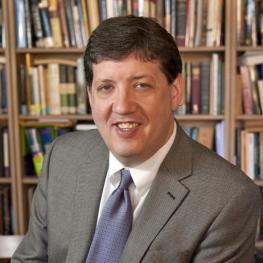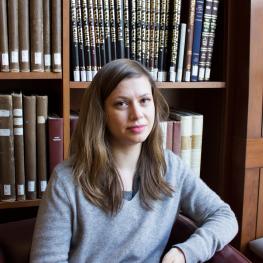Katz Center Fellow Alma Heckman on Moroccanness and Jewishness
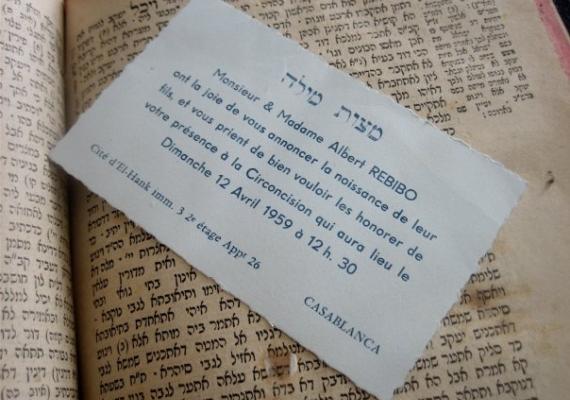
This blog post is part of a series focused on the research of current fellows. In this edition, Steven Weitzman sits down with Alma Heckman to explore her research project, "Radical Roads Not Taken: Moroccan Jewish Trajectories, 1925–1975." Heckman is the Neufeld-Levin Chair in Holocaust Studies at the University of California, Santa Cruz and assistant professor in the Department of History. She received her PhD from UCLA.
Steven P. Weitzman (SPW): Can you tell us a bit about how you came to your scholarly interests?
Alma Heckman (AH): I majored in Middle Eastern Studies and French at Wellesley College. One fateful semester, I took Professor Frances Malino's HIST 219: The Jews of Spain and the Lands of Islam. This course, and Fran's mentorship, launched my career trajectory. I also had fantastic mentors in Professors Anjali Prabhu and Rachid Aadnani, who taught me to critically examine Jewish exilic experience in Francophone Maghribi literature and taught me Arabic, particularly Arabic literature in Morocco, respectively. After graduating from college, I had a Fulbright to study all manner of Jewish subjects in Morocco. I volunteered at the Jewish Museum in Casablanca as part of my Fulbright, where I met the late great Simon Lévy, who inspired my doctoral dissertation and current book project. Simon Lévy was the founder and director of the Jewish Museum in Casablanca; he was also an ardent Communist militant and nationalist who saw Jewishness as an integral part of Moroccanness. My interactions with Lévy and many of my experiences during my Fulbright in Morocco, combined with a pre-existing interest in exile literature from the Maghreb, led me to questions regarding Jewish participation in Morocco's anti-colonial struggle and Jewish political belonging in the post-independence Moroccan state.
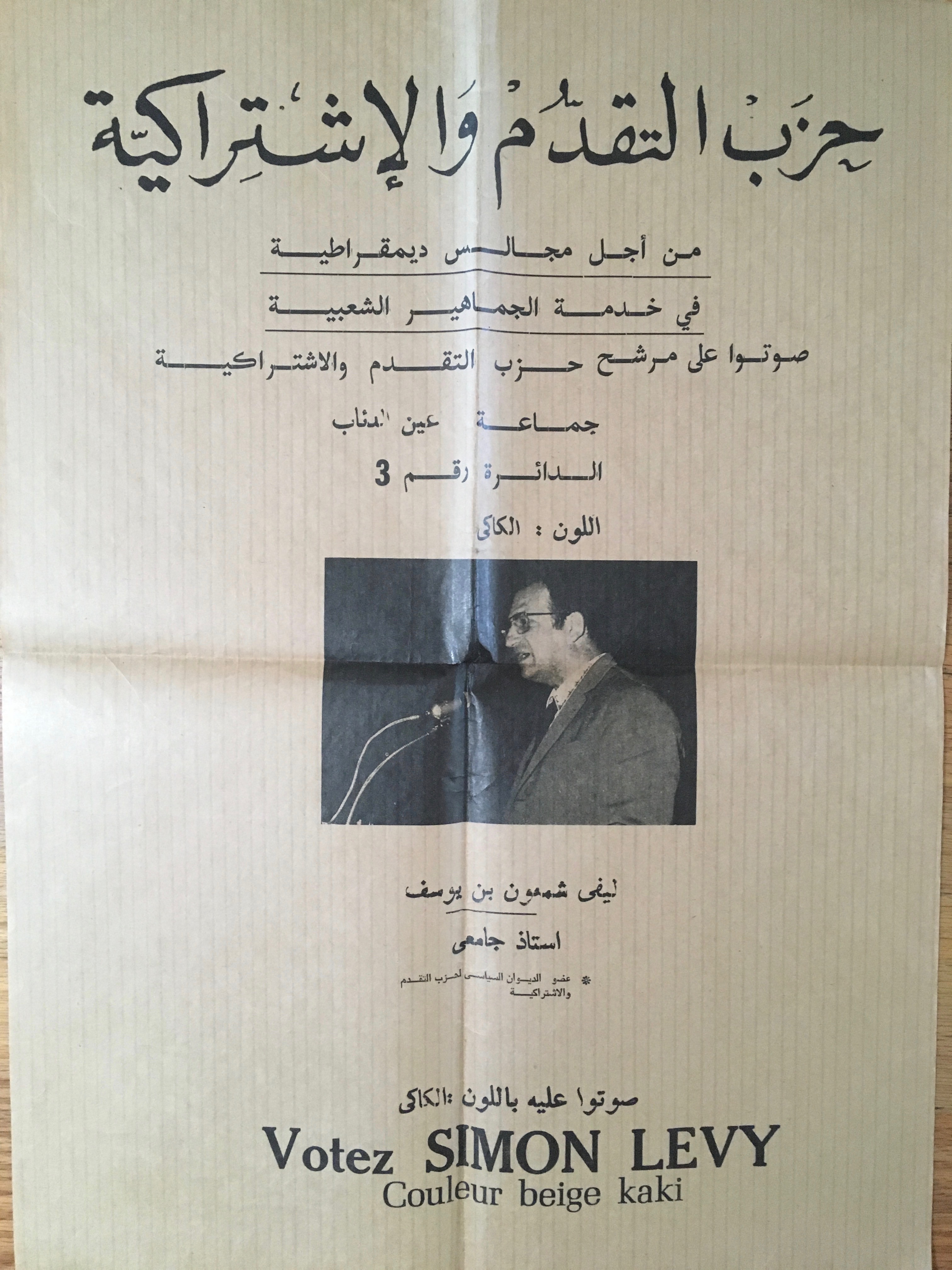
SPW: What project have you been working on here at the Katz Center?
AH: I have been working on my book manuscript, tentatively entitled Radical Nationalists: Moroccan Jewish Communists and the Politics of Belonging. I am interested in the Jews that stayed in Morocco after independence and their political activism in the crosshairs of Zionism, colonialism, and Arab nationalism. The chapters extend from the very beginning of leftist movements and demographic upheaval in the 1920s, through the high point of political activism in the immediate post-World War II period, to Morocco’s repressive post-independence political history in the 1970s, concluding with a discussion of the 1990s and the Moroccan state’s lionization of its Jewish past. This bracket connects the enormous demographic and ideological shifts within Morocco’s Jewish population, Moroccanized Communism, and the power of the Moroccan state in both the colonial and Cold War contexts. I structure the book's chapters around several major Jewish figures in the Moroccan Communist Party, including Simon Lévy. The source base is multilingual and wide-reaching — I use French, Arabic, Hebrew, Spanish, and English language sources that I have gathered across personal, organizational, and state archives between Morocco, France, Israel, the UK, and the USA. I make use of a number of genres of document, including French and Spanish Protectorate documents, newspapers and documents from the Moroccan Jewish community and a number of political organizations, personal papers belonging to Jewish members of the Moroccan Communist Party members, oral histories, novels, and more.
SPW: During an excellent seminar that you led, you introduced the fellows to some of the Moroccan radicals that are the subject of your research. Since these figures all seemed secular, communist, and cosmopolitan in their orientation, what makes their story a Jewish story?
AH: All of the figures I write about identified as Jewish, and saw their Jewishness as somehow intrinsic to their Moroccanness and political activism. However, that does not mean that they identified Jewishly consistently — a few of the figures I write about sought "true human emancipation" in the Marxist sense, seeking to surpass their Jewishness, only to return to it later in life, exemplified in the palimpsestic historical writing of Edmond Amran El Maleh, another prominent Jewish figure in the Moroccan Communist Party. I am interested in a number of theoretical frameworks for addressing this point of "what is Jewish about this" — not least of which is Isaac Deutscher's famous formulation of the "non-Jewish Jew" — and the way in which some of the "non-Jewish Jews" become more akin to "State Jews" in the manner of Pierre Birnbaum, or, in a different vein, Daniel Schroeter's writing on "the Sultan's Jew." Fundamentally, what makes their story a Jewish story is that it sheds light on modes of Jewish nationalism and patriotism in the 20th century in ways that have often been overlooked, that they identified and were identified by others as Jews, and that the Moroccan Jewish Communists I write about shared the same historic upheavals as the mass majority of Moroccan Jews who chose to leave Morocco during the 1950s and 1960s but, quite interestingly, decided to stay.
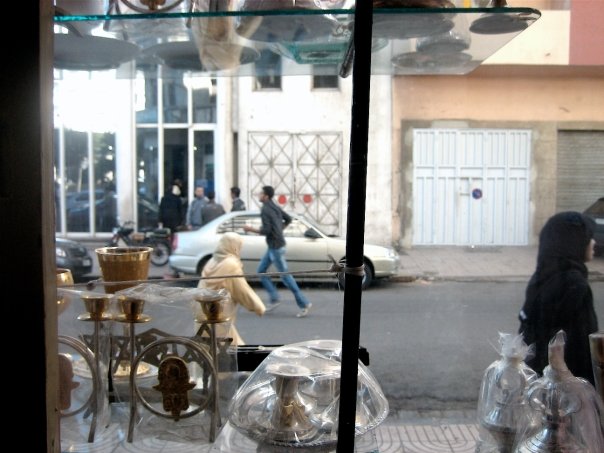
SPW: What makes their story a distinctively Moroccan one?
AH: While Jews were members of Communist Parties across the Middle East and North Africa, the Moroccan case is different for a few reasons. One is the long standing of the Alawite dynasty in Morocco, that preceded and survived colonial rule. Another is the historic relationships Jews had to Moroccan governing authorities in Morocco; another still is the more familiar story of Gallicization via the Alliance Israélite Universelle. A crucial factor in Morocco's story with Communism is the connection to the Spanish Civil War, Spanish Civil War refugees, the Vichy years, and the post-independence Moroccan state's navigation among Cold War powers and regional politics. The Moroccan state also has had quite a different relationship to Israel than its neighbors, complicating the story of Jewish outmigration, citizenship, and identification in fascinating ways. These are just a few distinctive things that render this project particularly Moroccan.
SPW: Another project you've been working on involves transcribing and digitizing the testimony of Jewish refugees who fled to North Africa to escape the Holocaust. What has that experience taught you about the Holocaust that may be less familiar to readers only familiar with the experience of those who migrated to America or Israel?
AH: In an attempt to be succinct, I will say that the Holocaust had expansive and diverse implications for Jews in the Middle East and North Africa. At the same time as European Jewish and political refugees sought safe haven and ultimately transport to the Americas through North Africa, Vichy authorities established anti-Semitic legislation, stripped Algerian Jews of their French citizenship (which had been established by the 1870 Crémieux decree), and pre-existing political tensions developed into more radicalized trajectories that would bear fruit in the post war period and the struggles for national independence. It is important to consider the overlap of European Jewish refugee populations with local North African Jewish populations, their social and political interactions, all of which ultimately did a great deal to shape American Jewish philanthropic interventions in the post-war period in North Africa, up until today in the case of Morocco.
